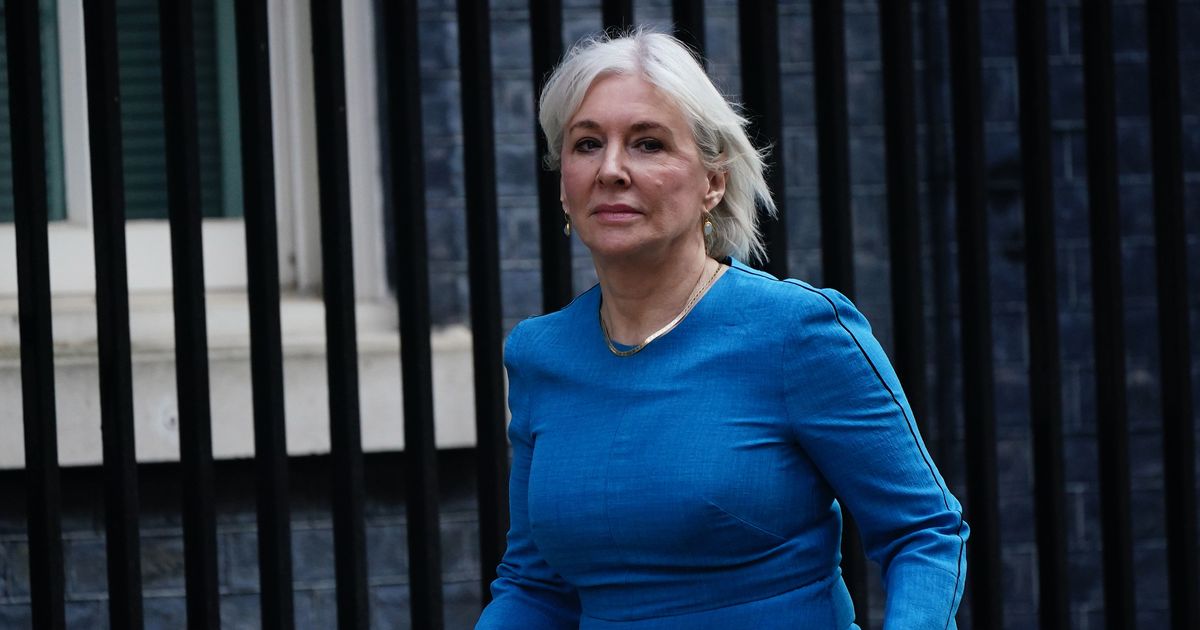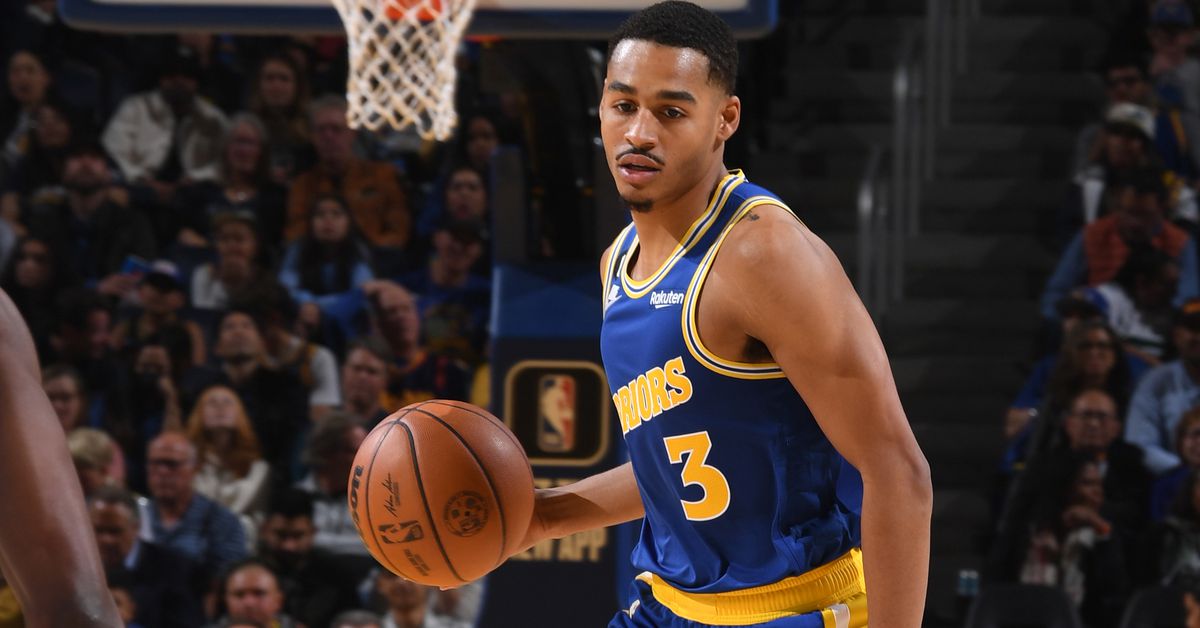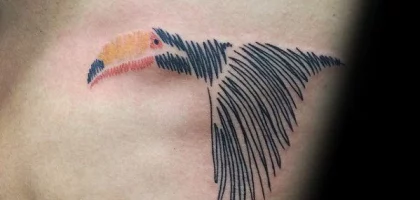Danielle Green claims she spent years in therapy recovering after her naked images were put online without her permission. She is now hoping that audiences of a new documentary mocking the king of revenge porn, Hunter Moore, would look past the shock factor of the callous antihero and focus on what really matters: the victims.
Green, a participant in the new Netflix series The Most Hated Man on the Internet, says of Hunter, “I mean, fuck him, he’s old news.”
The name of the three-part series, which is based on a 2012
Rock and Stone
Moore’s early 2010s website, IsAnyoneUp, where he displayed nude, occasionally stolen, images and personal information and urged readers to mock the individuals, is described in an article. Although Moore repeatedly refused to accept responsibility for the harm his website caused and embraced his role as a professional life-ruiner, the ruse eventually caught up with him: he was the focus of an FBI investigation and spent time in federal prison between 2015 and 2017 for charges related to a hacking scheme to steal photos to post on the site. Prior to being charged, Moore gave numerous interviews in which he defended his website and said that the victims should be furious with the person who submitted their images, not with him for displaying them. In the documentary, the filmmakers claimed that Moore first consented to take part before withdrawing. Rolling Stone contacted Moore for comment, but he didn’t answer.
Moore, according to Green, represented nothing more than the worst aspects of the MySpace-famous scene scene of the time, a post-emo identity that grew via the social platform and was typified by a love of contemporary punk subgenres, spiky asymmetrical haircuts, and Hot Topic clothing. She claims that he took it to the next level, but I knew 20 other guys who behaved exactly like him. Although she admits that watching some of her darkest moments on Netflix has been difficult, she hopes to use the spotlight to advance the interests of other individuals in a similar situation. She hopes that viewers who are affected by the docuseries will support those who are dealing with online abuse by making donations to help victims-designated charities and advocating for federal legislation to ban revenge porn. The call to action is missing. How can we effect change right away? I want to motivate people to act rather than merely comment on websites, and that’s what I’m trying to achieve.
Because her images were published on Moore’s website, Green has firsthand knowledge of its consequences. She claims that she shot intimate pictures of herself in 2009, when she was 22 years old, out of desperation for a better relationship with the father of her one-year-old child.
Despite the ex’s denials, the pictures eventually turned up on IsAnyoneUp. The website, which was operational from 2010 to 2012, was founded in Sacramento, California, where Moore kept his offices. The documentary demonstrates that it trafficked in nude images of largely young women, however guys from scene bands were occasionally also victims, including the vocalist for Florida metalcore band We Are Defiance. Many of the photographs were released without the victims’ knowledge or agreement, even though the concept of revenge porn had not yet gained widespread acceptance. The posts also included information from the subjects’ Facebook pages and other private information about them. Since then, nonconsensual pornography is now illegal in almost all 50 states.
Green herself messaged Moore to request that he take down the pictures after her images emerged online. In a text conversation that was acted out in the document, he responded with, “LOL,” She claims, “I was absolutely disgusted about it.”
She talks about going through a severe depressive phase. She claims that it “truly drove me to the brink of suicide.” I was just a little girl.
Green calls therapy the best investment she has ever made in herself and wants other victims of this kind of internet abuse to know that mental health counseling and medication helped her reclaim her life. A few years after the website was shut down in 2012, she also received a sizable tattoo of a mother and child on her thigh, which she claims helped her reclaim her body. She says, “I can always look down and consider the fortitude of a mother and what my mission is.”
Green claims that when a representative for the documentary initially approached her in 2021, she was hesitant to share her tale in a setting as widely watched as a Netflix docuseries. She claims that she struggled with a lot of internal conflict over it, namely with her humiliation. When she considered other young ladies going through similar circumstances, she ultimately came to the conclusion that she had to take part. She says, “I wanted to be a voice for females like me.” I wanted to impart my knowledge, some of my acquired talents, and a sense of empowerment on them. After all these years, I felt more confident in myself. Furthermore, why would I keep that to myself?
Green says she’s happy the narrative is out there now that she’s seen the docuseries, but she confesses she had hoped for more from it. There wasn’t really a call to action for anyone following this, she admits, which left her feeling a little let down by the whole event. I’m glad this story was told because it needed to be shared, but I think that because everyone is sensationalizing Hunter right now, the tale isn’t really working.
On her social media platforms, Green has shared victim resources in an effort to fill the gap she perceives. In addition, she introduced the Victor streetwear brand at the same time as the documentary. She intends to donate at least 10% of her company’s net earnings to a group that aids revenge porn victims and campaigns for federal legislation to outlaw the use of non-consensual intimate images, or NCIIA, which may happen soonthis fall. In all honesty, she says, if I can make a profit, I’ll probably donate much more than 10% to the cause. I simply truly want to promote it while I have this brief opportunity to do so. I want to have the greatest possible impact.














